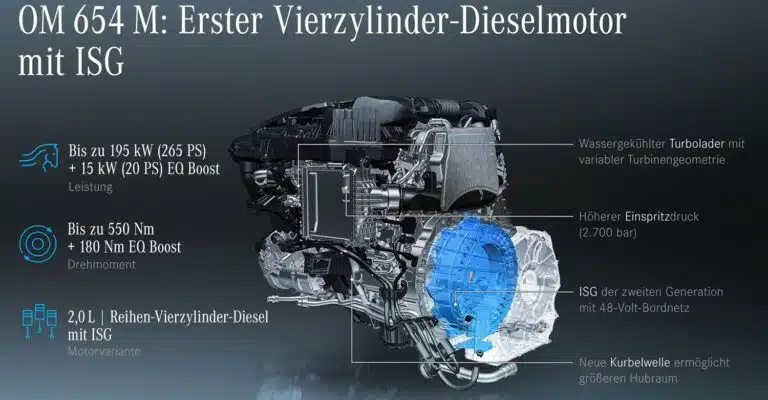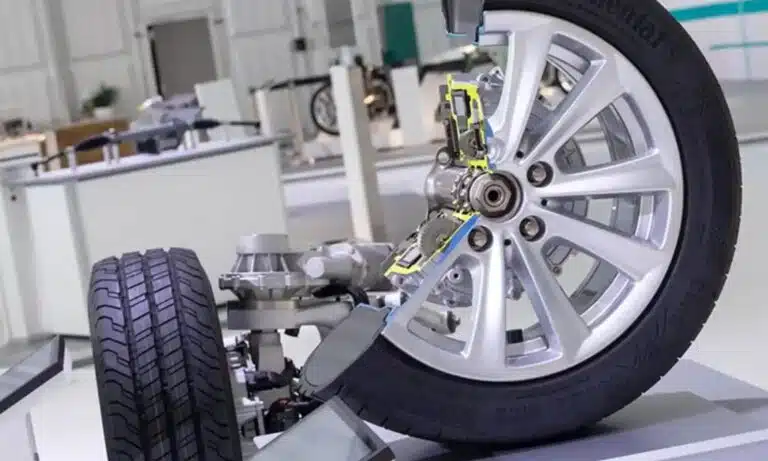The relationship between driving habits and fuel consumption

The relationship between driving habits and fuel consumption is a crucial aspect that many drivers overlook. The way a vehicle is driven has a significant impact not only on operating costs but also on fuel efficiency. From the speed at which one drives to the manner of accelerating and braking, every action can alter the vehicle’s performance. Adopting efficient driving not only helps reduce gasoline expenses but also contributes to the well-being of the environment.
Efficient driving is a topic of increasing relevance in the current context where fuel savings and sustainability are priorities. The way a vehicle is driven has a direct impact on fuel consumption, potentially generating significant savings and contributing to the reduction of emissions. Below, we will analyze driving habits and their influence on fuel expenditure.
Influence of Driving Style
The driving style is one of the most influential factors in fuel consumption. Drivers who use an aggressive driving style, characterized by sudden accelerations and hard braking, tend to experience higher fuel consumption. Maintaining a constant speed and avoiding sudden maneuvers can reduce expenditure by between 10% and 25%.
Starting the Vehicle
The process of starting the car also plays a fundamental role. Starting the engine and leaving it idle for long periods before driving can result in unnecessary fuel consumption. Instead, the ideal approach is to start and begin driving gently. The sooner one starts moving the vehicle after turning it on, the better it will be for overall fuel consumption.
Use of Air Conditioning
The use of air conditioning is another important aspect that affects consumption. This system requires an increase in the energy used by the engine, which raises fuel expenditure. In extremely hot conditions, it is recommended to use the air conditioning sparingly or, when possible, open the windows at low speeds to maintain a pleasant temperature in the cabin.
Proper Vehicle Maintenance
The relationship between vehicle maintenance and fuel consumption is undeniable. A well-maintained vehicle not only enhances safety but also optimizes energy consumption. For example, the tires with the correct pressure can help reduce consumption, while clean air filters and properly functioning engine oil are crucial for optimal performance.
Impact of Tires
Driving with tires that have inadequate pressure can increase fuel consumption. It is estimated that a drop of 0.5 bars below the recommended pressure can result in a 2% increase in fuel consumption in urban areas. Maintaining the proper pressure not only improves fuel performance but also safety while driving.
Filter Maintenance
Air and fuel filters should be checked and changed according to the maintenance schedule. A dirty filter can restrict airflow and affect engine efficiency, resulting in higher fuel consumption. It is advisable to follow the manufacturer’s recommendations to ensure that the vehicle operates as efficiently as possible.
Tips for Efficient Driving
Adopting efficient driving habits is one of the most effective actions to reduce fuel consumption. Here are some practical recommendations:
- Avoid rapid accelerations and hard braking.
- Maintain a constant speed on the road.
- Take advantage of the vehicle’s inertia in descents.
- {$Use applications that allow you to plan and optimize routes.
- Perform regular maintenance to keep the vehicle in good condition.
For more information on how to improve efficiency while driving, you can check links such as tips for saving fuel while driving or explore effective strategies to reduce gasoline consumption.
Thus, the combination of responsible driving and proper vehicle maintenance will not only benefit the driver economically but also contribute to a more sustainable future.
Fuel consumption is intrinsically linked to the driving habits of motorists. Driving aggressively, with sudden accelerations and quick braking, can significantly increase fuel expenditure. Adopting an efficient driving style is crucial for optimizing vehicle performance and reducing unnecessary costs.
It is essential to mention that the speed at which one drives also plays a determining role in fuel consumption. At high speeds, the air resistance that the car faces increases, requiring more energy from the engine. Additionally, the use of air conditioning may increase when one decides to drive fast, which in turn increases fuel consumption. Maintaining a constant and moderate speed favors not only savings on gas but also road safety.
Another relevant aspect is the proper maintenance of the vehicle. A car that receives the necessary care, including checking the tires and the fuel system, ensures optimal performance. The tire pressure is vital; if they are underinflated, fuel consumption can noticeably increase in urban environments.
Training and awareness regarding how each driver can impact their fuel expenditure are essential. It is not only about reducing spending and improving personal economy but also translates into a smaller ecological footprint. Therefore, understanding and practicing good driving habits, such as avoiding unnecessary accelerations and keeping the vehicle in optimal condition, are decisive steps towards a more sustainable and responsible future in car use.




